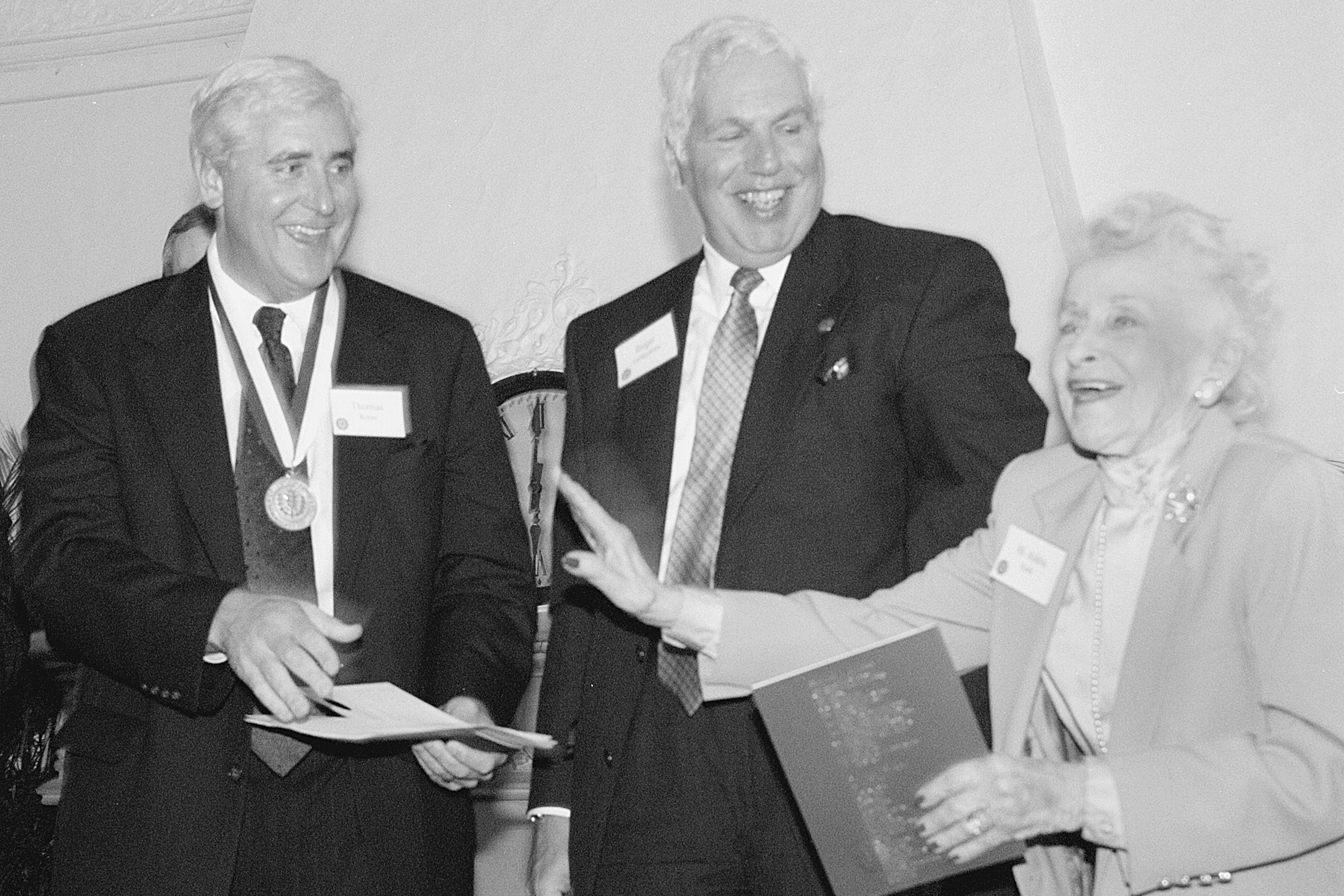UConn’s Board of Trustees is honoring the late state Sen. M. Adela “Dell” Eads’ legacy of public service by renaming the Litchfield County Extension Center in her honor.
The center, located in Torrington, is in the midst of the Northwest Connecticut communities that Eads represented for decades in the General Assembly before her death in 2003. Its programs draw residents from throughout the region for help and education in agricultural issues, land use, 4-H programs, nutrition and wellness, and other topics.
The UConn Board of Trustees voted unanimously Thursday to support the name change, calling it a fitting tribute to a public servant who was deeply involved in her community and the well being of its residents.
“In discussions with Dell’s family and devoted friends, we felt that naming the Litchfield County Extension Center in her honor would have tremendous meaning,” said Thomas D. Ritter, vice chairman of the UConn Board of Trustees and a former longtime state representative and Speaker of the House.
“We are so pleased to continue to memorialize what a terrific person Dell Eads was,” Ritter said. “I had the immense honor of working very closely with her when she was Senate President, and saw firsthand that she always put the state and its people first and made great contributions to Connecticut.”
The main building at UConn’s former Torrington campus had been named for Eads. Thursday’s vote transfers her name to the extension center building.
Eads was a longtime resident of Kent in northwestern Connecticut, and served on the Kent Board of Education for 26 years.
She was elected to the General Assembly in 1975, serving two terms as state representative before winning a seat in the Senate, where her colleagues elected her to various leadership positions including Deputy Republican Leader Pro Tem, Senate Minority Leader, and State President Pro Tem. She served until her retirement in 1999.
An active supporter of UConn and its activities in the Torrington area, Eads was instrumental in the development of legislation that became known as UConn 2000, originally passed by the state legislature in 1995 as a 10-year, $1 billion initiative to upgrade campus facilities, add faculty, and elevate the overall quality of the University.
Opened in 2001, the 7,400-square foot Litchfield County Extension Center building features a 120-seat meeting room, four offices for extension staff, a conference room, space for the volunteer master gardeners, and storage space. It was designed by TLB Architects and funded in large part by UConn 2000.



